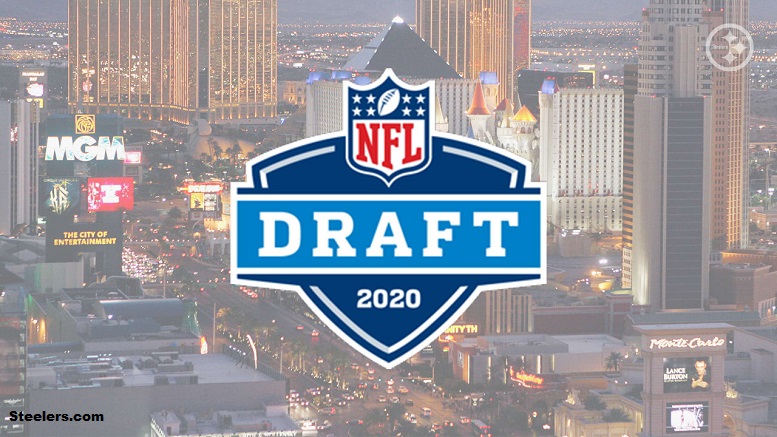Unusual circumstances often translate to unusual approaches. In recent years, for the Pittsburgh Steelers, a draft class dominated by senior has not been the norm, typically drafting anyway between one to three juniors on the early side of the draft.
This year, nearly their entire draft class—five out of the six selections—was made up of seniors, and that includes three of the five being redshirt seniors in Alex Highsmith, Kevin Dotson, and Carlos Davis. The only underclassman was Anthony McFarland, who was a redshirt sophomore, departing from college with two years of eligibility.
This trend did not go unobserved by the Steelers themselves, though it was not intentional, with general manager Kevin Colbert making this observation in the middle of the draft. “After we took Dotson, I said, Coach, we’re going against the grain here, three seniors, three out of the first four picks, and it really wasn’t any intention”, he said.
“It’s just the way it broke for us this year. You know, we’re very comfortable with that”, he added. “We always like to try to catch them younger because they’re a little fresher, but when you get the senior, he usually comes in at a different maturity level because he’s either finished school or he’s closer to finishing school. He’s played that extra year at the college level, which always, we think, benefits these players”.
While it is a benefit to have that senior year, the Steelers do like taking juniors, referring to their rookie seasons as their senior year. It gives them more room to grow, with fewer bad habits to break, and often, you can get them as a bargain in comparison to where they might go if they stay their senior year and elevate their draft stock.
“But we had no plan to do that”, Colbert said of taking the abundance of senior players. “A kid like Kevin Dotson, who was a non-combine guy, we never did a physical on him, we never timed him or worked him out. We were just real comfortable with his ability to play football, and that was our intention”. “Going into this, knowing that we would have some players like this that we had to make decisions on, and when the bottom line came out, it was always going to be how does he play the game, and in Dotson’s case, we valued that”.
What exactly does this mean for the Steelers’ rookie class? Nothing, in particular. In theory, I suppose, it could be construed as a slight advantage, possibly allowing them to be better-prepared to play right away. But it’s entirely dependent upon each individual player.
One might be tempted to ascribe some intentionality to the Steelers relying on seniors under the circumstances this year’s draft was held, but I’m inclined to believe it was coincidental, or at least unintentional.








